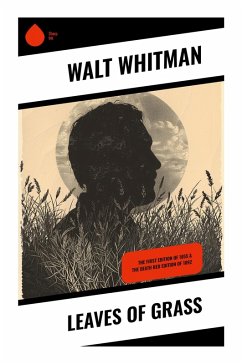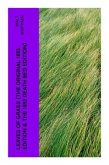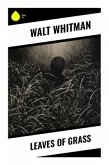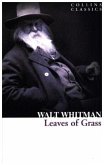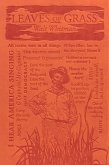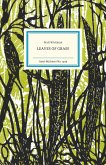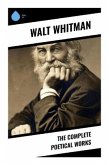Walt Whitman's "Leaves of Grass" is a seminal work of American literature that embodies the spirit of individuality and the transcendental belief in the interconnectedness of all life. Composed of free verse poems, this collection celebrates the human experience, nature, and the essence of democracy. Its literary style, characterized by unconventional cadence and vivid imagery, defies the traditional norms of poetic form. The themes of self-reliance, democracy, and the beauty of the corporeal world are interwoven throughout, reflecting the cultural and philosophical currents of 19th-century America, particularly the transcendentalist movement led by figures such as Ralph Waldo Emerson. Whitman's candid exploration of sexuality and the human body marked a radical departure from the norms of his time, contributing to the book's enduring significance and occasional controversy. Walt Whitman, often regarded as the father of free verse, was a pivotal figure in shaping the American literary landscape. His experiences as a journalist, teacher, and nurse during the Civil War profoundly influenced his writing, infusing his poetry with a deep sense of empathy and a desire for social reform. "Leaves of Grass" was initially published in 1855, and its unyielding dedication to representing the complexities of human existence was both innovative and groundbreaking, emerging from Whitman's personal journey and belief in the democratic ideals of his nation. I highly recommend "Leaves of Grass" to anyone seeking a profound exploration of the human condition and the American spirit. Its timeless themes resonate with readers across generations, inviting reflections on identity, nature, and the collective experience of humanity. Whitman's masterful command of language and his ability to evoke profound emotions make this collection an essential addition to the library of any literary enthusiast.
Bitte wählen Sie Ihr Anliegen aus.
Rechnungen
Retourenschein anfordern
Bestellstatus
Storno

